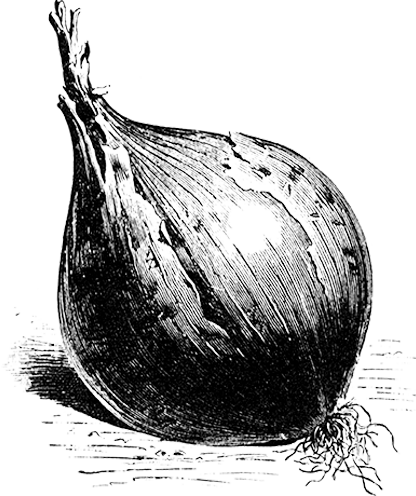Information
| Product number: | 3870 |
|---|---|
| Scientific name: | Cucurbita maxima |
| Botanic family: | Cucurbitaceae |
| Organic: | Yes |
| Days to maturity: | 95 |
| Lifespan: | Annual |
| F1 Hybrid: | No |
| New variety: | No |
| Sowing time: | April-June |
| Sowing depth: | 3 cm |
| Germination temperature: | 23-25°C |
| Germination time: | 6–10 days |
| Plant spacing: | 50–80 cm |
| Row spacing: | 90–130 cm |
| Height: | 200–300 cm |
| Plant location: | Sun |
| Harvest/blooming: | August–September |
| Seeds/g: | 2–10 seeds |
| Heirloom variety: | Yes |
Cultivation advice
Sowing
Seed can be sown directly outdoors when the soil is thoroughly heated (min. 15°C). If the soil is cold, the seeds don't germinate, but rot. The safest way is to first plant indoors or in a hotbed. Sow about 3 cm deep in pots with 2-4 seeds in each, approx. 4 weeks before the expected planting out. Save 1-2 seedlings (in each pot) and allow them to be quite warm, bright and airy. Gradually get them used to the cooler environment outside, and plant out when the soil is warm and the danger of frost is over. The plants have sensitive roots, so be careful when planting.Spacing
Give the plants a mutual distance of 50-80 cm and keep a distance of 100-140 cm between the rows depending on sort. In group planting: 3-4 plants/group, 180-240 cm between the groups.Harvest
Allow the fruits to grow for as long as possible but harvest them and keep 5cm of the handle, before the frost reaches them. Damage by frost lessens their keeping qualities considerably. The vigorous leaves usually protect the fruits against the first night's frost. The riper they are the longer they can be stored and the better do they taste.If the fruits are dirty, wipe them with water mixed with a little spirits of acetic acid or spirits. Allow them to dry in the air and create cork tissue indoors after harvest, ideally in an airy space with a temperature of 25-32°C for about 10 days. An electric fan is useful if your crop is a big one. Store them in a cool (7-16°C), dry place of good air circulation. Preferably, the squash should not be close to each other.
The simplest way to keep the fruits is to put them up on a shelf in the kitchen or in a room as decorations and then eat them gradually as needed or as soon as one of them shows signs of attack by mildew, usually at either end. We have kept fruits that way for more than a year.
Winter squash of the species C. pepo can be stored without being especially dried, but cannot be stored for as long a time still maintaining their quality and taste.
To speed up their growth and ripening you can allow each plant 2-3 fruits, the other ovaries and small fruits are cut away and eaten as summer squash. You can also cut the vines if they are growing too long.
Winter squash can be used in many different ways, halved and baked in the oven, fried, stewed, in soups, casseroles and sauces and sweetened in pies, desserts and pastries.
Seed
A portion contains about 8 seeds.3-4 seeds/g.
